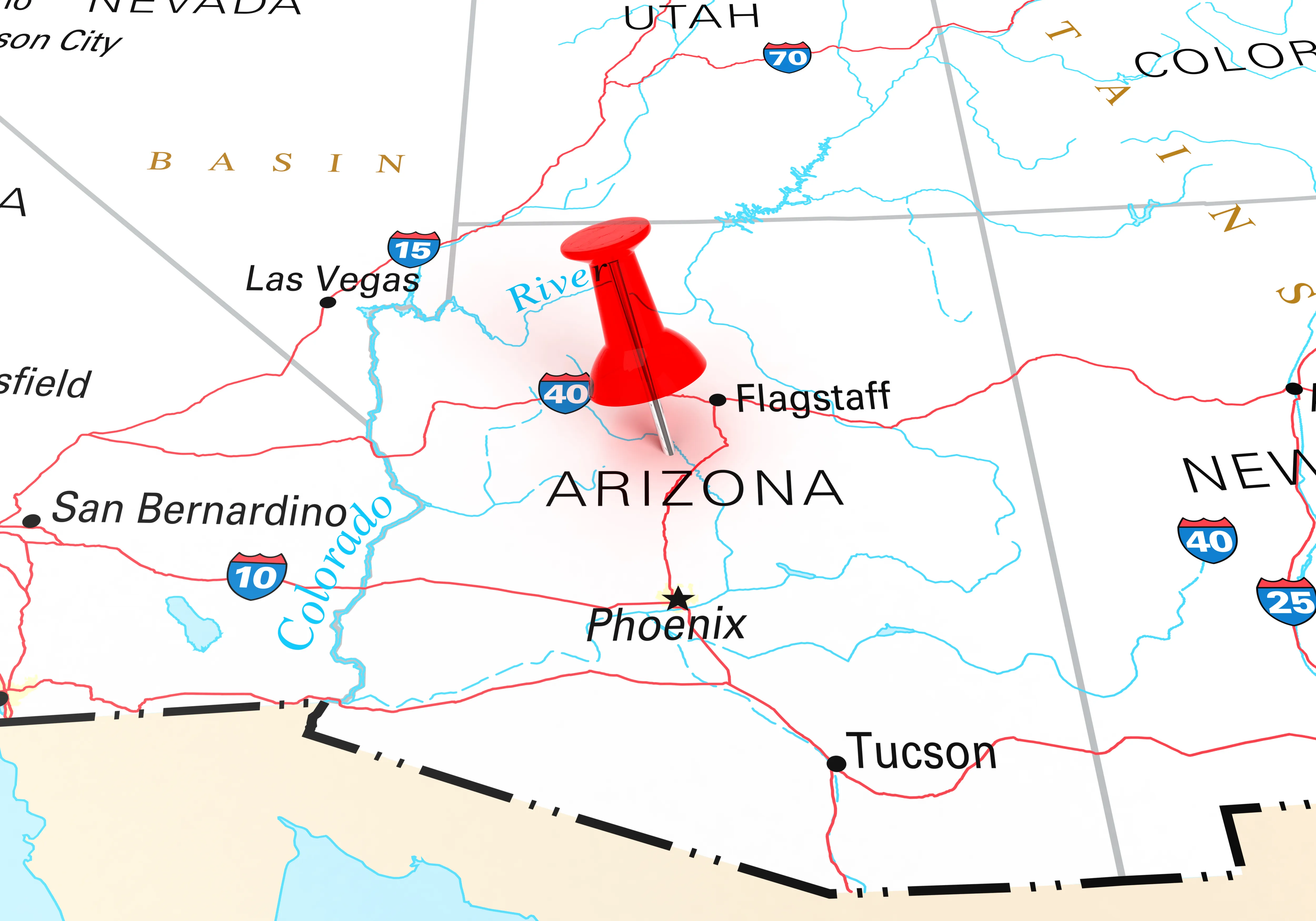
Daily Audio Newscast Afternoon Update - May 23, 2025
© INDU BACHKHETI - iStock-1336427297
News from around the nation.
Harvard sues Trump administration to halt federal ban on enrolling international students; New climate change research: People can't fight it alone; Imprisoning KY parents has worsened foster care crisis; Soap Box Derby prepares future IN race car drivers.
Transcript
The Public News Service Friday afternoon update, I'm Mike Clifford.
Harvard University opening a new front in its legal battle against the Trump administration, filing suit in federal court Friday in response to the government's move to revoke the school's ability to enroll international students.
That from CNN.
They report the complaint by the nation's oldest and wealthiest institution of higher education argues the decision Thursday to drop the school from the Department of Homeland and Security Student and Exchange Visitor Program violates the law.
Quoting from the complaint, it is the latest act by the government in clear retaliation for Harvard exercising its First Amendment rights to reject the government's demands to control Harvard's governance, curriculum, and the ideology of its faculty and students.
Meantime, it will take both collective change and individual action to make headway against climate change.
That's according to a new report from the World Resources Institute.
Around a third of global greenhouse gas emissions come from food, largely driven by the production of red meat.
Ornelas says shifting diets away from meat and dairy may not solve the climate crisis alone, but eating less meat can be one empowering individual choice, made stronger in large numbers. -Our food choices are powerful in what we say about ourselves.
They're powerful in terms of what we say about the society in which we want to live in. -United Nations research also suggests people eat less beef and shift to more plant-forward diets.
Nadia Ramligan reporting.
This story with original reporting by Jessica Scott-Reed for Sentient.
And May is National Foster Care Month, and in Kentucky, advocacy groups across the political spectrum say the state hasn't done enough to keep kids out of foster care, including adjusting the high number of parents who are incarcerated.
Sarah Durand with KY Free says the consequences of going through childhood without a parent are lifelong.
If we can keep families together by getting families the help that they need, We know that that increases the likelihood of children being successful.
A report from the conservative free market group Kentucky Forum for Rights, Economics and Education, or KY Free, finds the state would save $74 million in direct incarceration costs and $740 million annually through indirect socioeconomic costs if parents had alternatives to doing prison time.
And professional motorsport drivers often start competing behind the wheel at a young age.
More in this Mirror Indie Free Press Indiana public news service collaboration.
Many are introduced to the sport as youngsters through soapbox derby car contests.
Indianapolis is home to the Wilbur Shaw Memorial soapbox derby hill on Indianapolis's West Side.
Parent Melanie Weaver says a Facebook post caught her son's attention and he asked if he could try it out.
The first time our son went down the hill he just absolutely loved it.
It's sweet and fun.
The first soapbox derby car contest was held in 1934 in Ohio.
I'm Terry Dee reporting.
This is public news service.
A section of legislation in the North Carolina General Assembly would provide legal immunity for pesticide companies.
The provision is part of the North Carolina Farm Act of 2025.
Section 19 limits legal liability for harms from pesticides because of U.S. Environmental Protection Agency labeling on the potential dangers of the chemicals.
But Kendall Wimberly with Toxic-Free North Carolina says the section tips the scales toward industry in the courts.
This bill would shield all pesticide manufacturers from legal responsibility.
It would rig the system against farmers, workers and families who suffer from exposure to toxic chemicals while rewarding corporate misconduct.
The company Bayer, which owns Roundup and is behind the campaign for legal immunity, has paid millions in settlements over harm from the pesticide.
Wimberly says the provision sets a dangerous precedent not just for pesticide, but for any polluting industry seeking immunity in North Carolina.
I'm Eric Tegethoff reporting.
And as students graduate across Tennessee, a new report shows many adults still hope to earn a college degree, but high cost and limited access often stand in the way.
About four in ten adults in Tennessee have at least a two-year associate's degree. by Gallup and Lumina Foundation focuses on nearly 14,000 U.S. adults age 18 to 59 who don't have a degree.
Some are in college now, but others are not, and many express a willingness to try again.
Lumina Foundation's Courtney Brown says while belief in higher education is strong, most people don't think getting a degree is within their reach.
They have a belief in the value of higher education, yet only 30 percent of Americans believe that they have access to quality, affordable education beyond high school.
Brown points out nearly one in three students now enrolled in college have considered stopping out for mental health reasons.
For Public News Service, I'm Danielle Smith.
Finally, tax revenue from marijuana sales in Montana will now support a wider variety of conservation projects.
The new law will put about $12 million of annual tax revenue into a new Habitat Legacy account.
Three-quarters of the money is earmarked for state projects like conservation easements, water storage, and wildlife management areas.
The remaining funds will support wildlife habitat.
Democratic Rep. Becky Edwards of Bozeman says the law cements conservation as a beneficiary of marijuana sales.
"It's not going to be up for negotiation every legislative session.
It provides certainty that those dollars will be there for state park creation, trails, wildlife habitat, all the things that are so important to us as Montanans.
Montana conservation groups are also celebrating a win on the national stage.
Many were concerned that public land sales in Nevada and Utah would be authorized in the Republican budget reconciliation bill, but those were removed through amendments announced Wednesday.
I'm Kathleen Shannon.
This is Mike Clifford for Public News Service, member and listener supported.
Find your trust indicators at publicnewsservice.org.

















